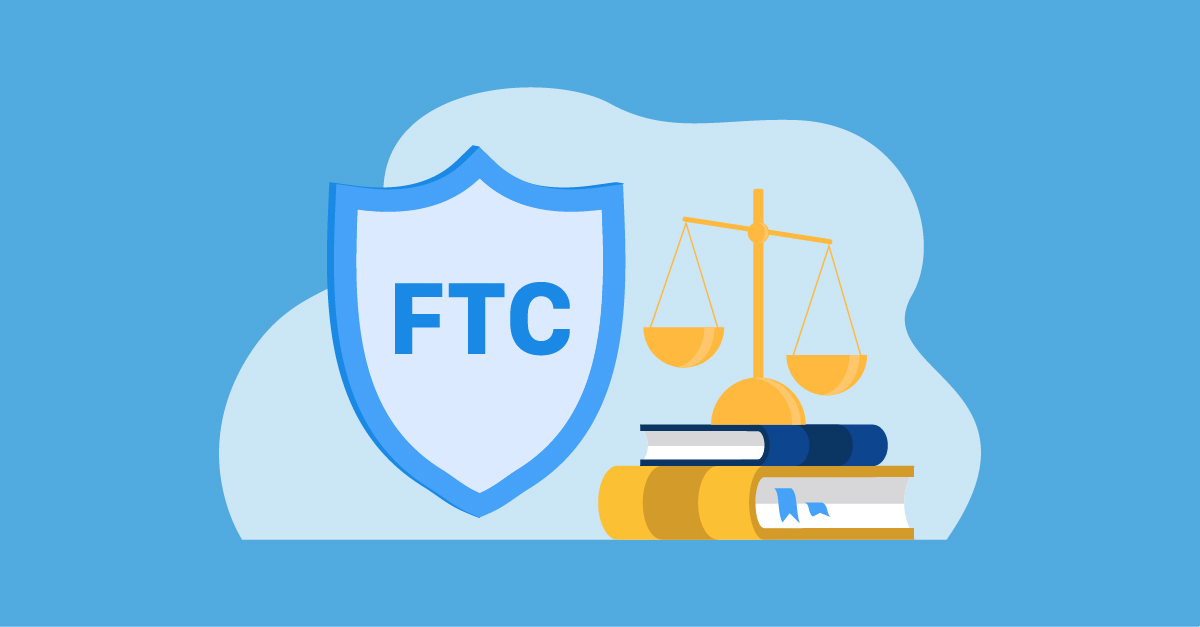On August 7, 2025, the Federal Trade Commission announced a $45 million settlement with an online lead generation company accused of misleading consumers shopping for health insurance. The case serves as a reminder to everyone involved in the lead ecosystem—whether you're collecting, selling, or purchasing leads—that compliance isn't optional and deception carries steep consequences.
What Happened?
The online lead generation company operated websites that mimicked government health insurance platforms and collected personal information from consumers under false pretenses. This information was then sold to telemarketers and insurance agents, who used it to make millions of robocalls and sales pitches. The FTC charged the company with violating the FTC Act, the Telemarketing Sales Rule, and the new Impersonation Rule. In addition to the monetary settlement, the company must now cease deceptive practices, relinquish misleading domain names, and implement strict compliance controls.
Key Takeaways for the Lead Industry
1. Deceptive Ads Are a Liability
If you’re using government-style branding, logos, or language to generate leads, you’re in dangerous territory. The FTC is cracking down on ads and landing pages that mislead consumers about the source or purpose of their data collection.
Takeaway for Lead Generators: Your advertising must be truthful and clearly identify your company—not imply association with a government agency or mislead users into thinking they’re applying for official services.
2. Transparency is Non-Negotiable
Consumers must understand what will happen with their data before they hand it over. Burying disclosures or failing to explain how lead data will be used can expose your business to regulatory action.
Takeaway for Sellers: It’s your responsibility to ensure that every lead you sell was collected with proper disclosures and consent.
3. Buyers Are Accountable, Too
If you're buying leads, you can't make assumptions. You must verify the source and method of data collection, particularly when leads are being sold through intermediaries.
Takeaway for Buyers: Conduct due diligence. Require documentation of how the leads were generated. You're on the hook if you use improperly sourced data.
Final Thoughts
This case isn’t an outlier—it’s part of a continuing trend of FTC scrutiny on the lead generation industry. Every party in the lead supply chain has a role in maintaining transparency and trust. If you're not asking tough questions about where your leads come from—or how they're used—you may be the next company facing an enforcement action. One proactive step brands can take is using tools like LashBack and PerformLine to monitor email, social and web traffic mentioning their brand. LashBack helps uncover affiliate and partner emails, surfacing non-compliant messaging so brands can take action before regulators do. In today’s regulatory climate, active monitoring isn’t just smart—it’s essential.




